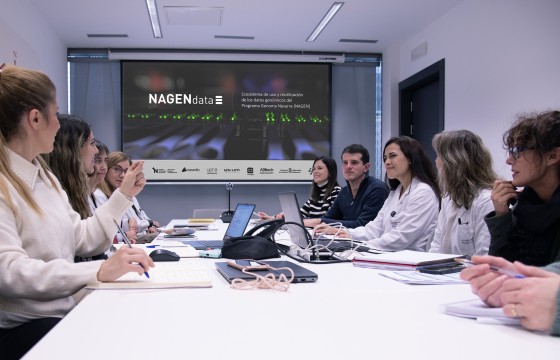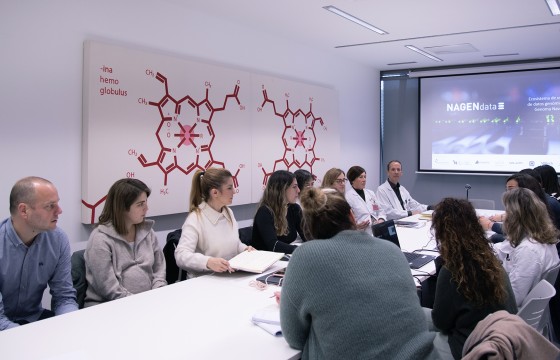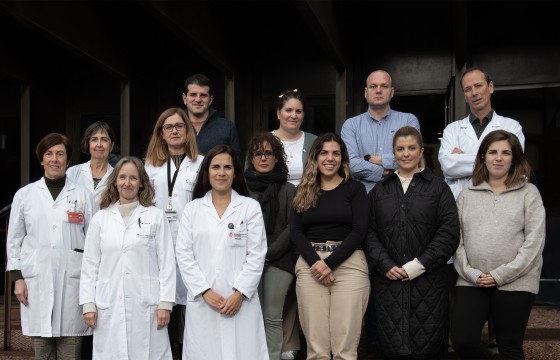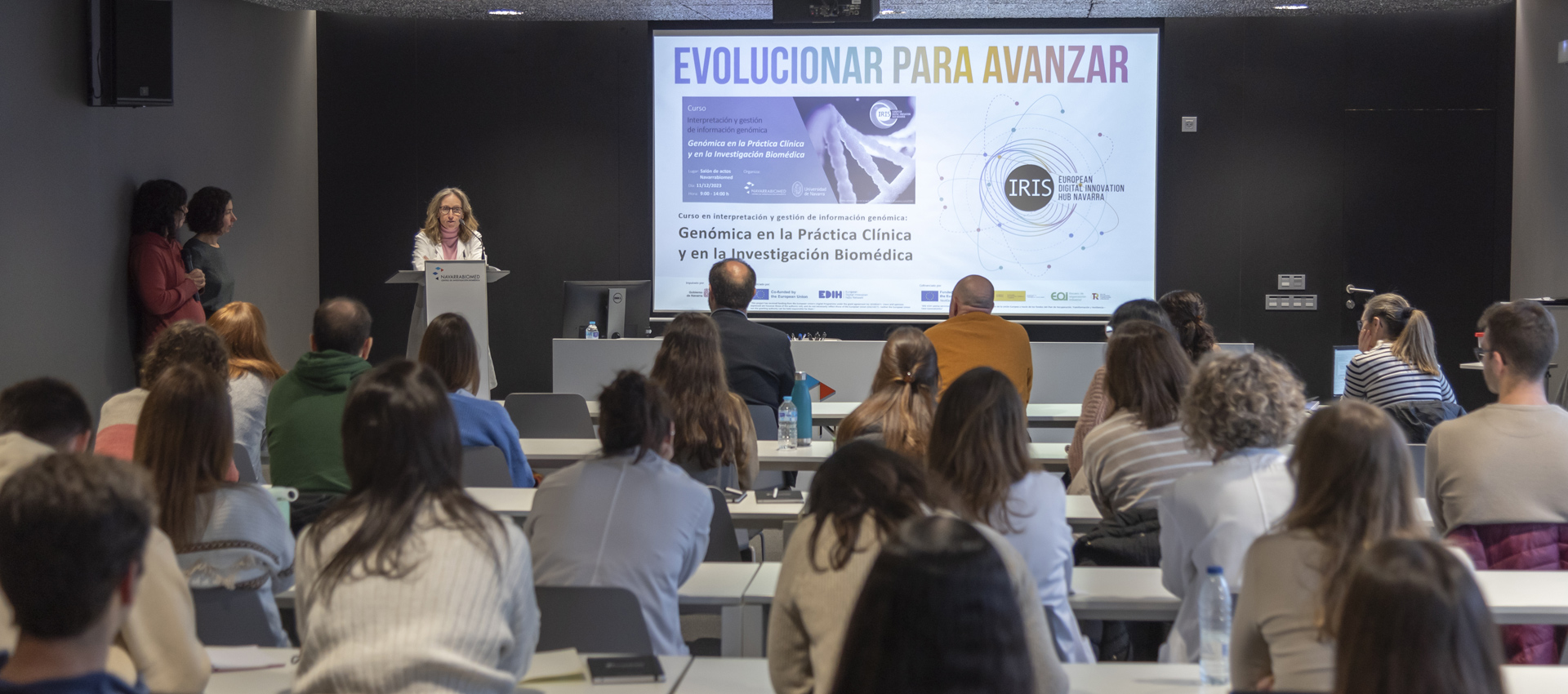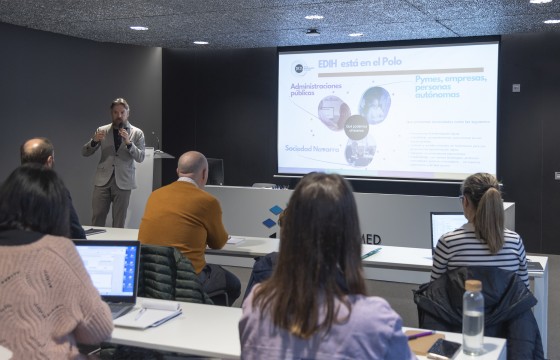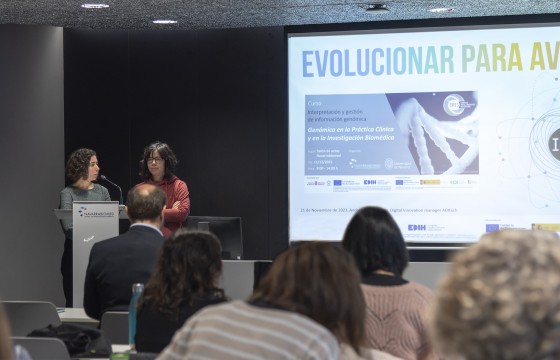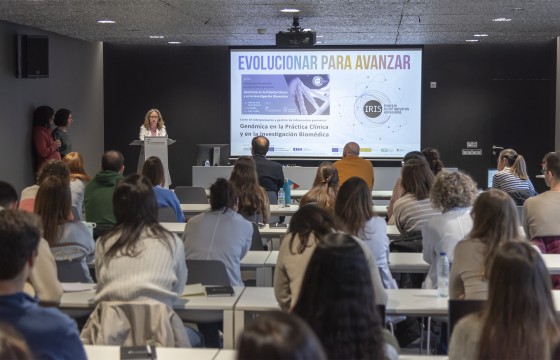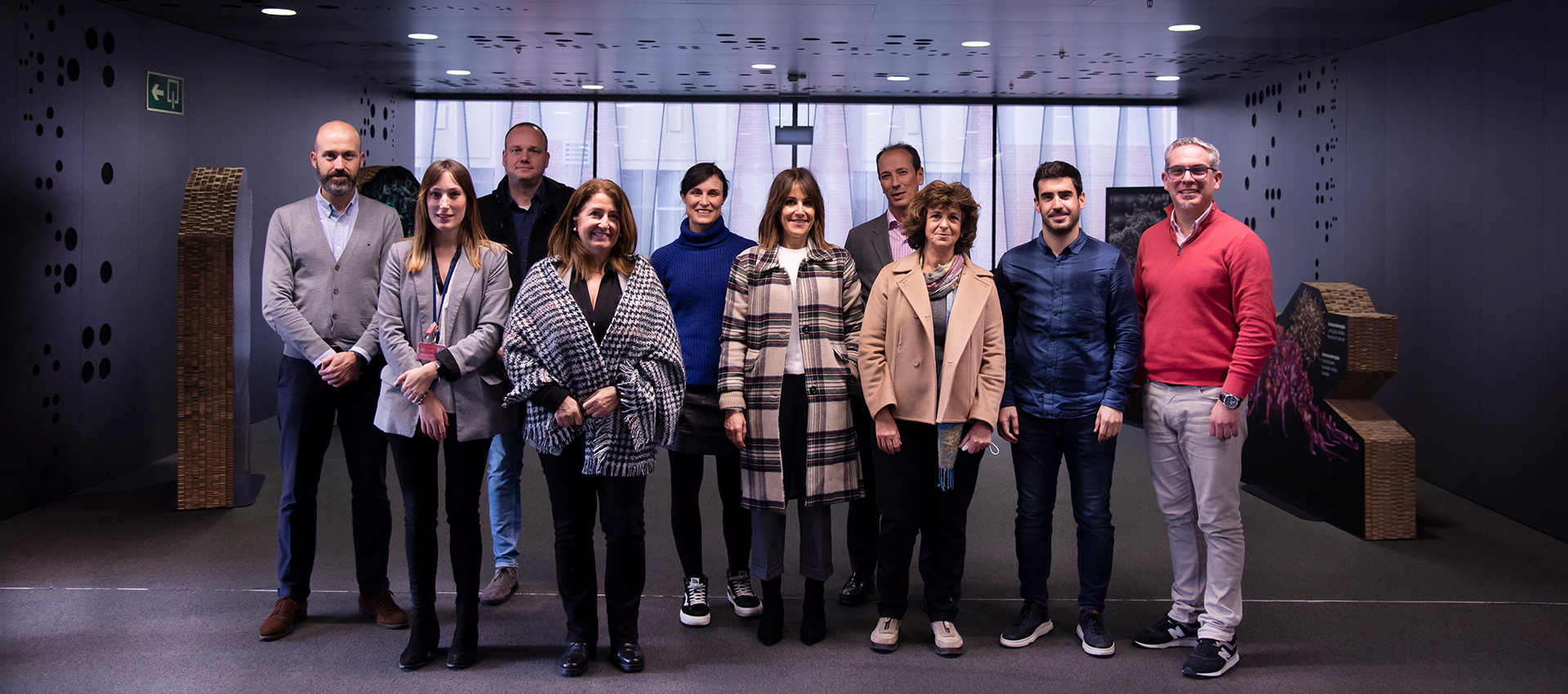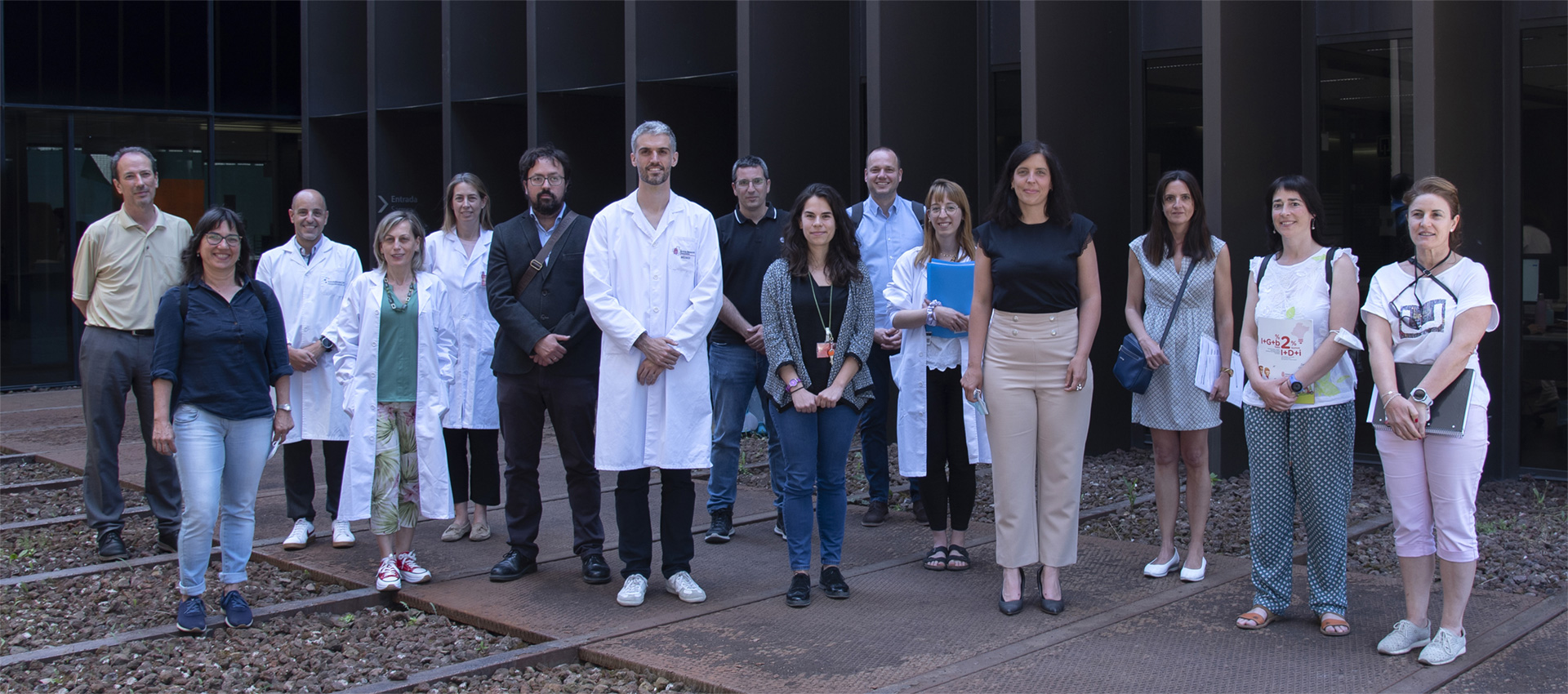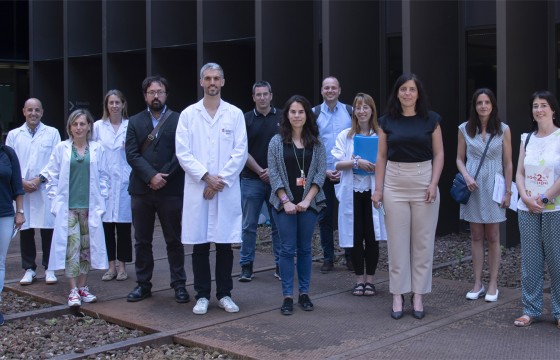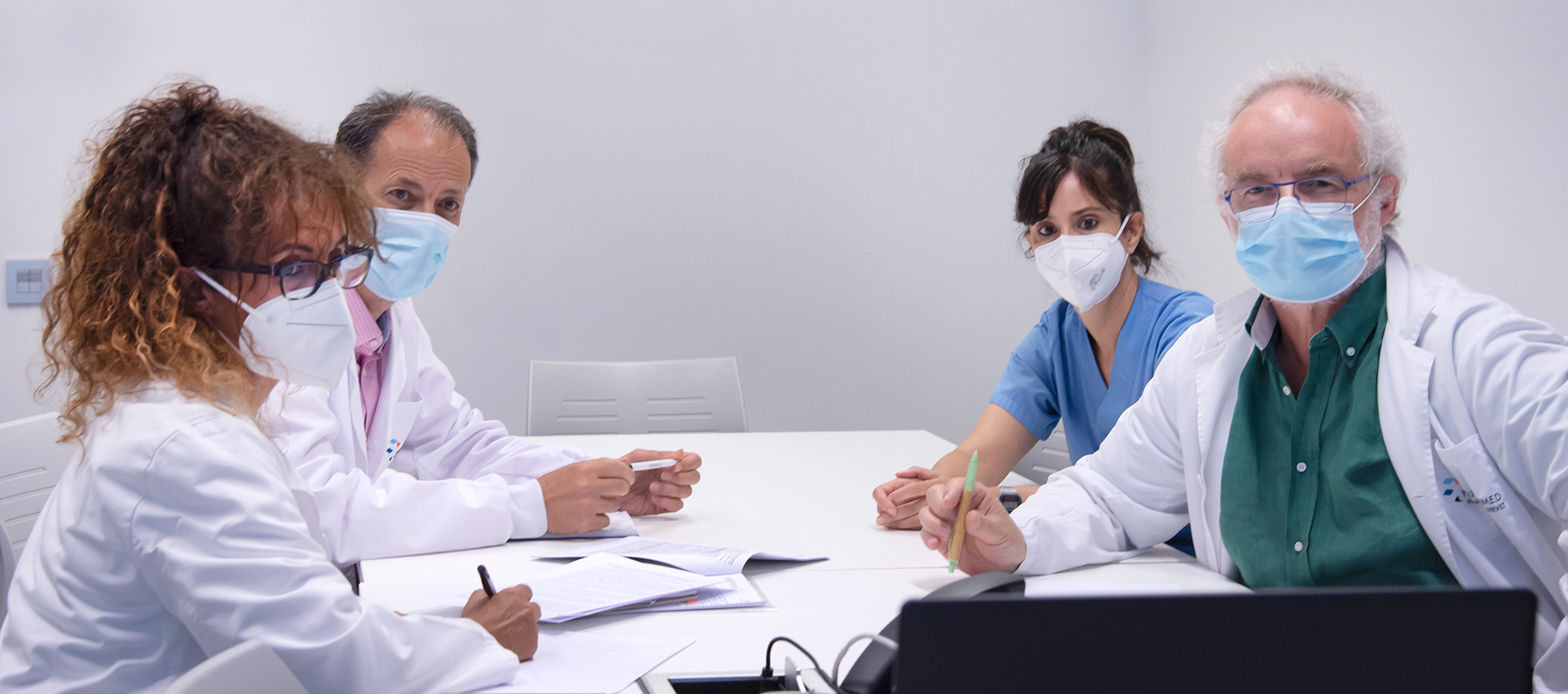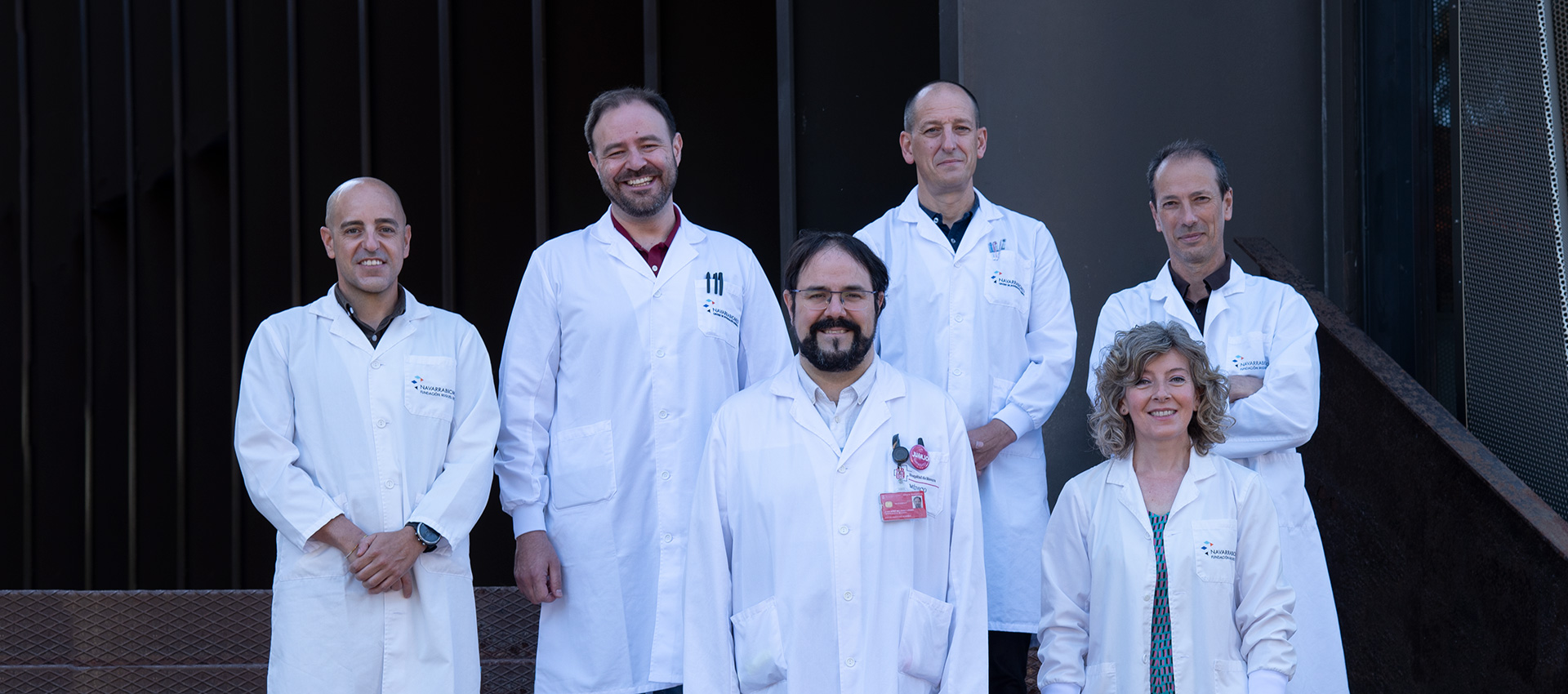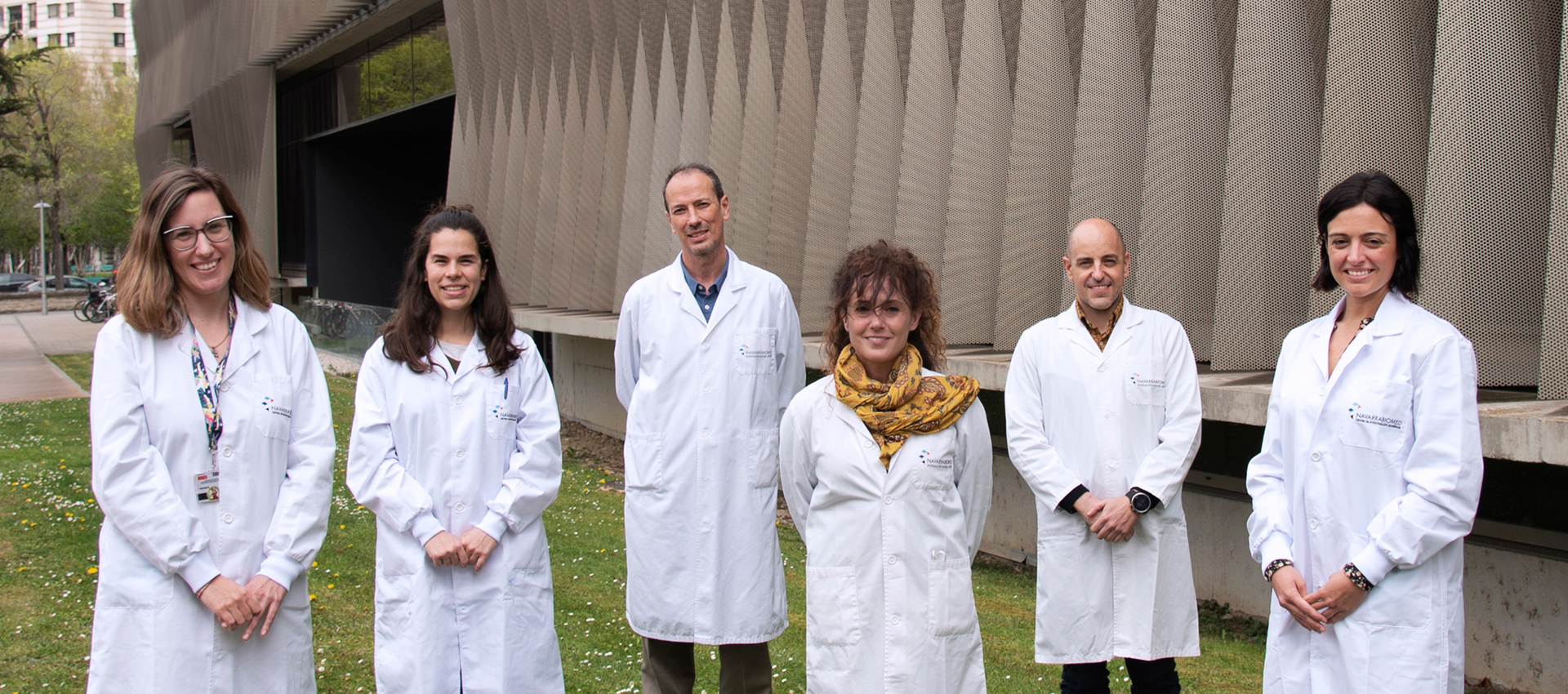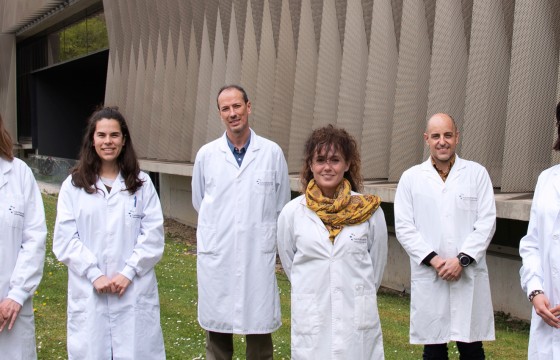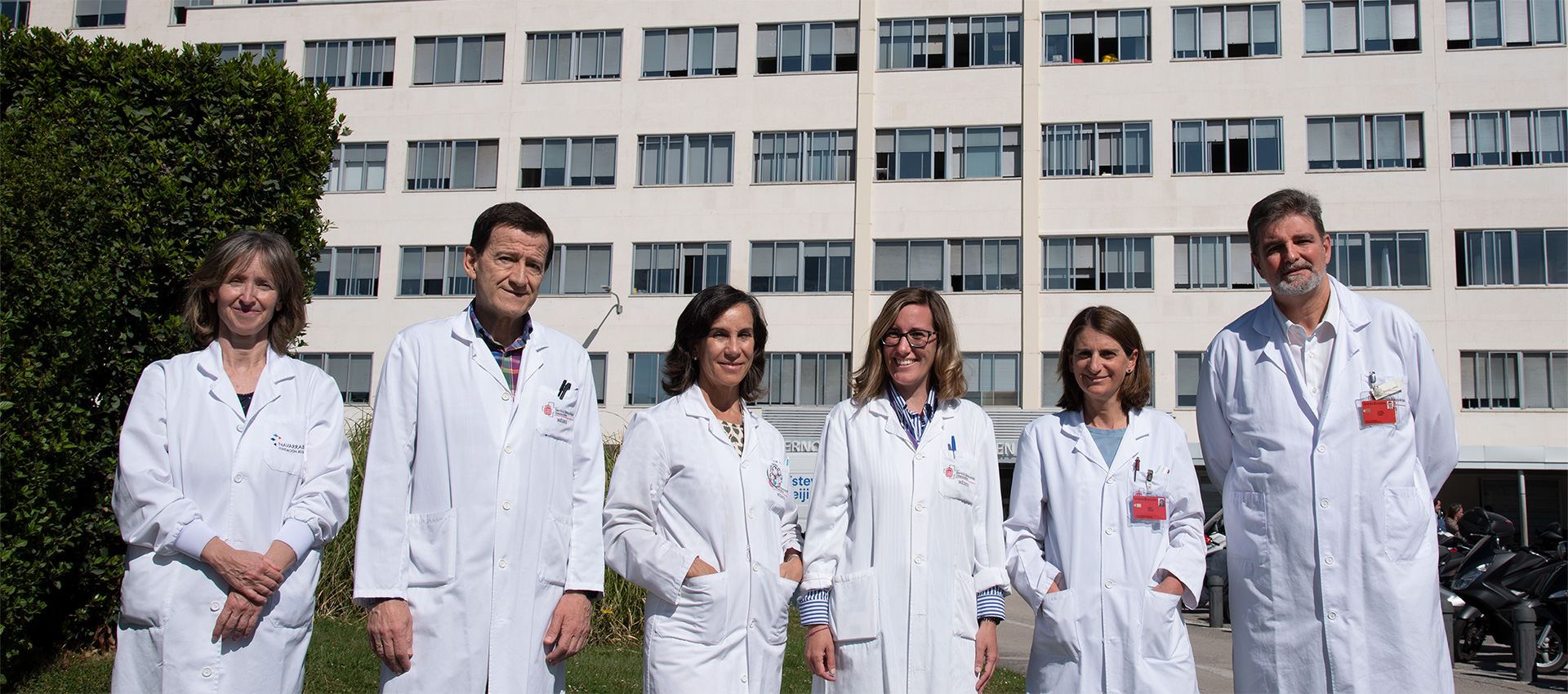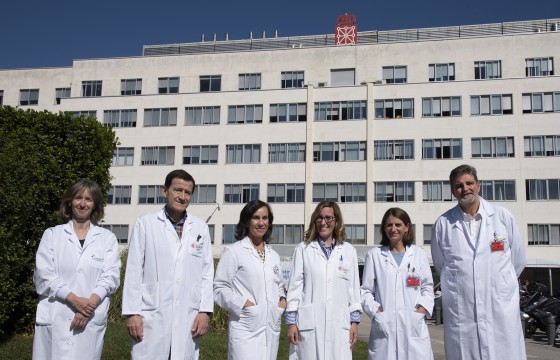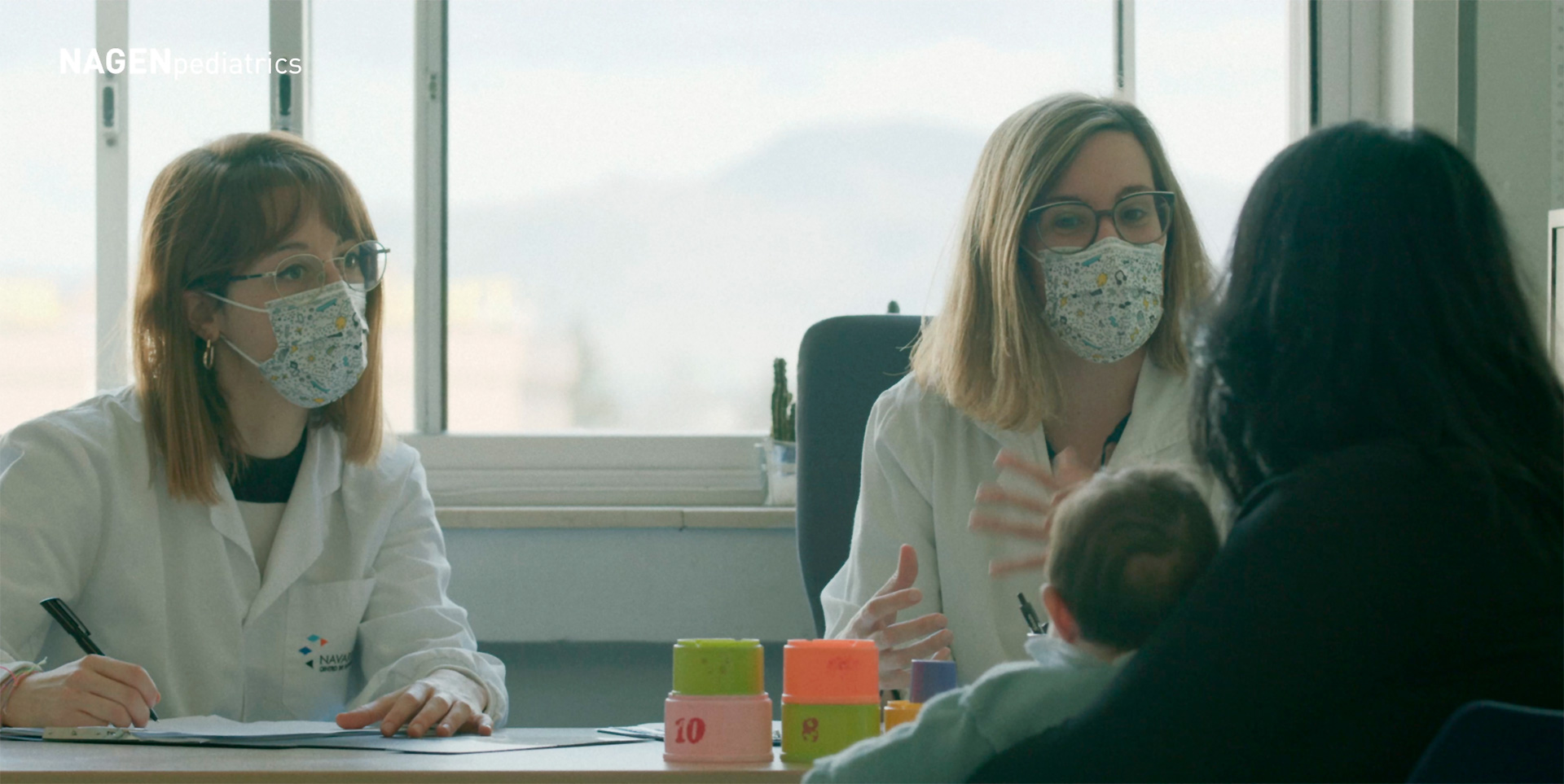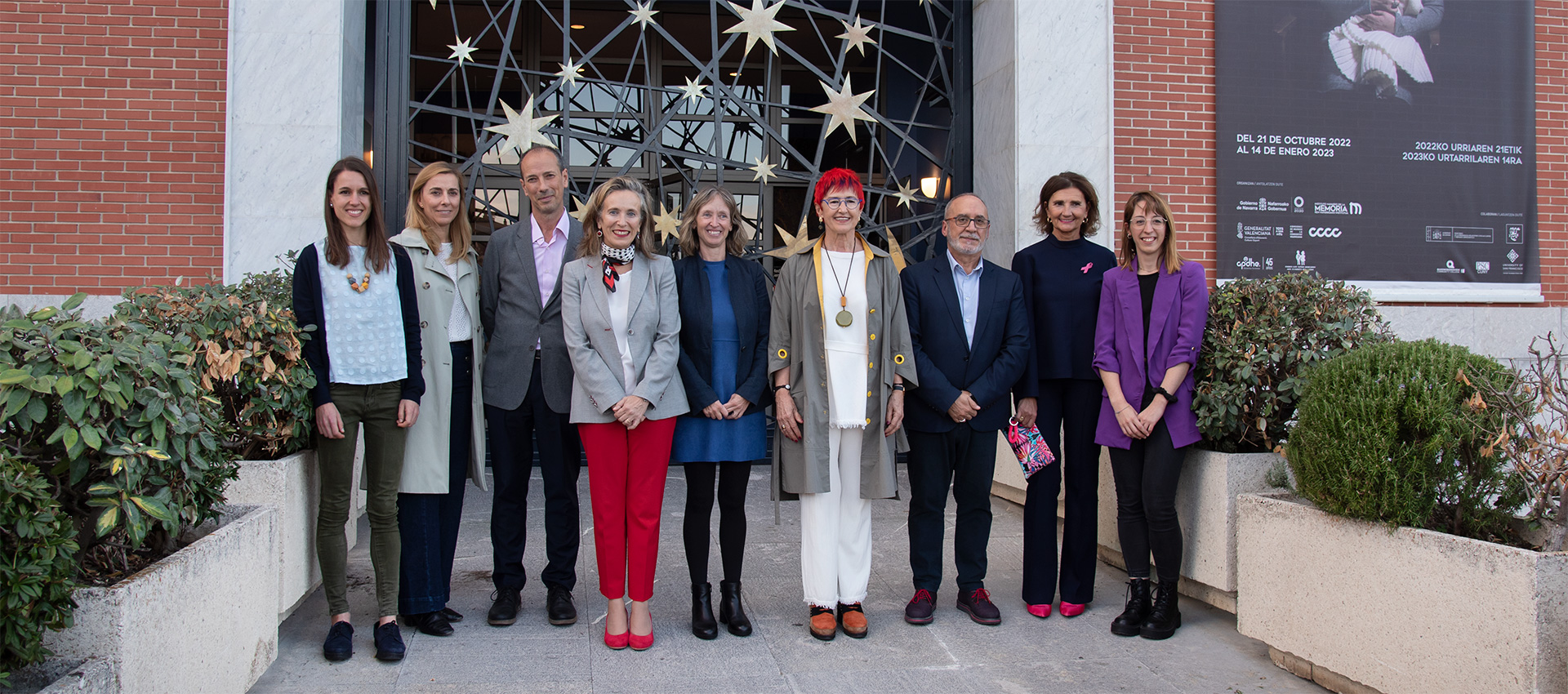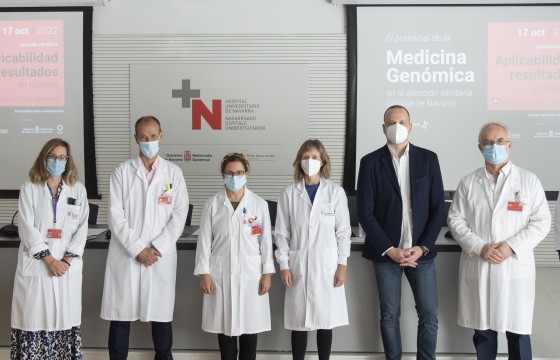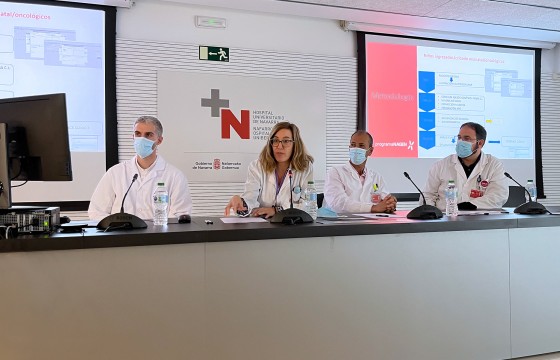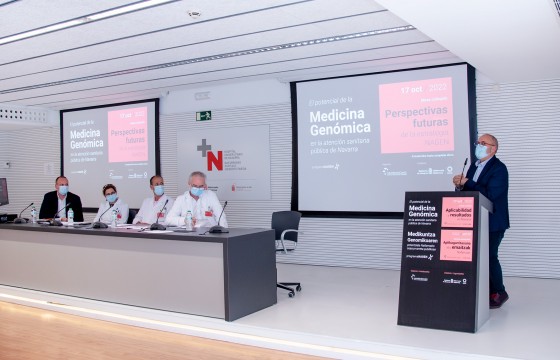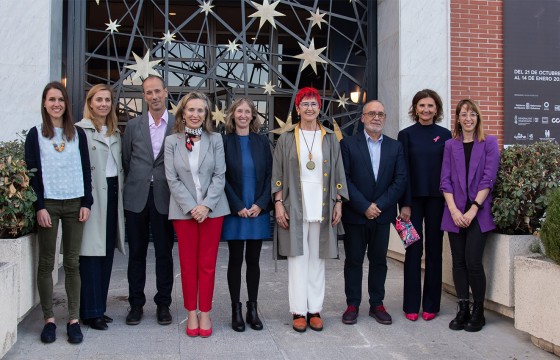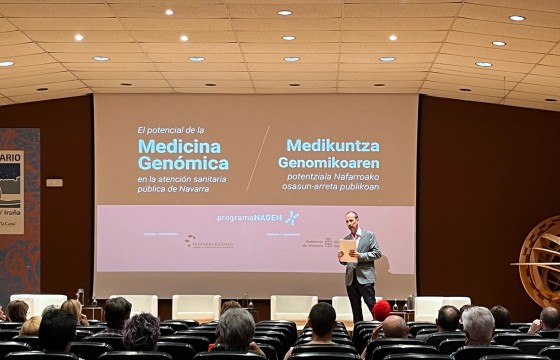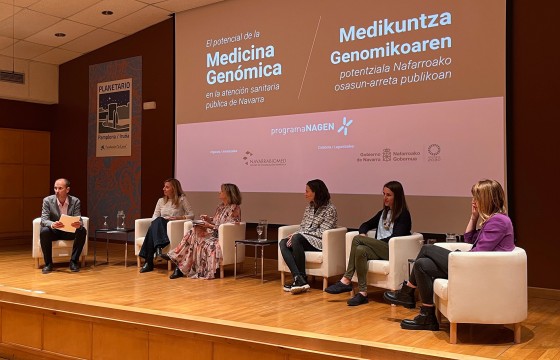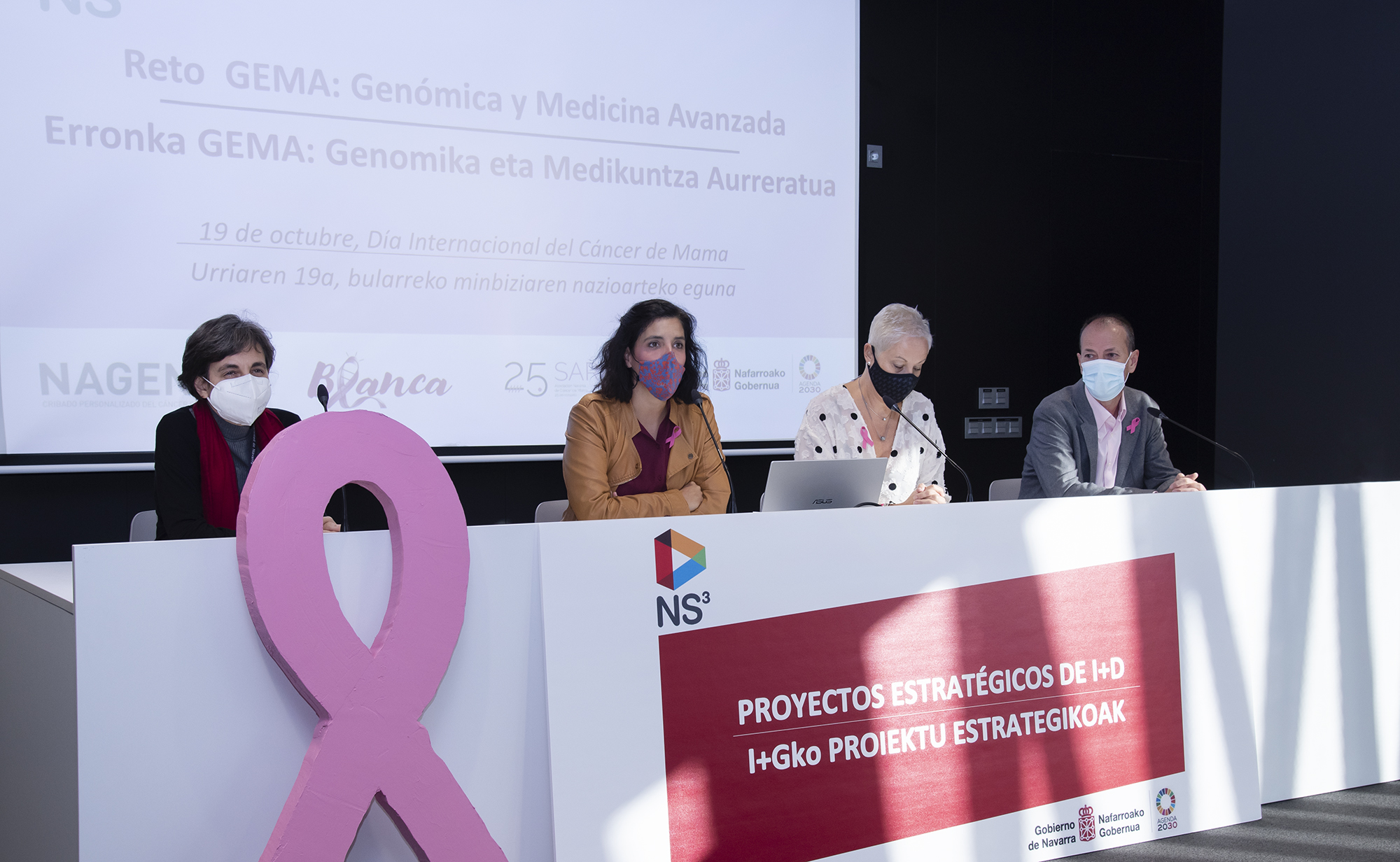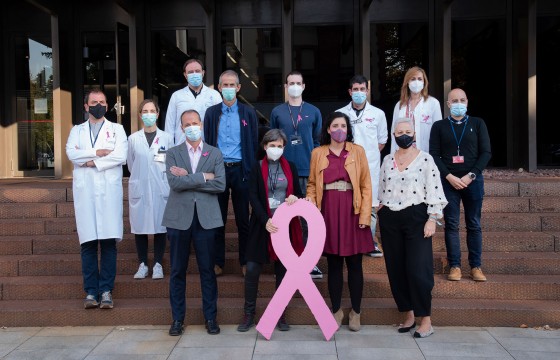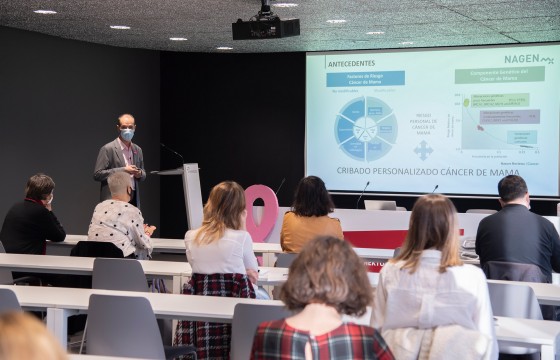Navarrabiomed develops its own public infrastructure on genomic data for health and research purposes
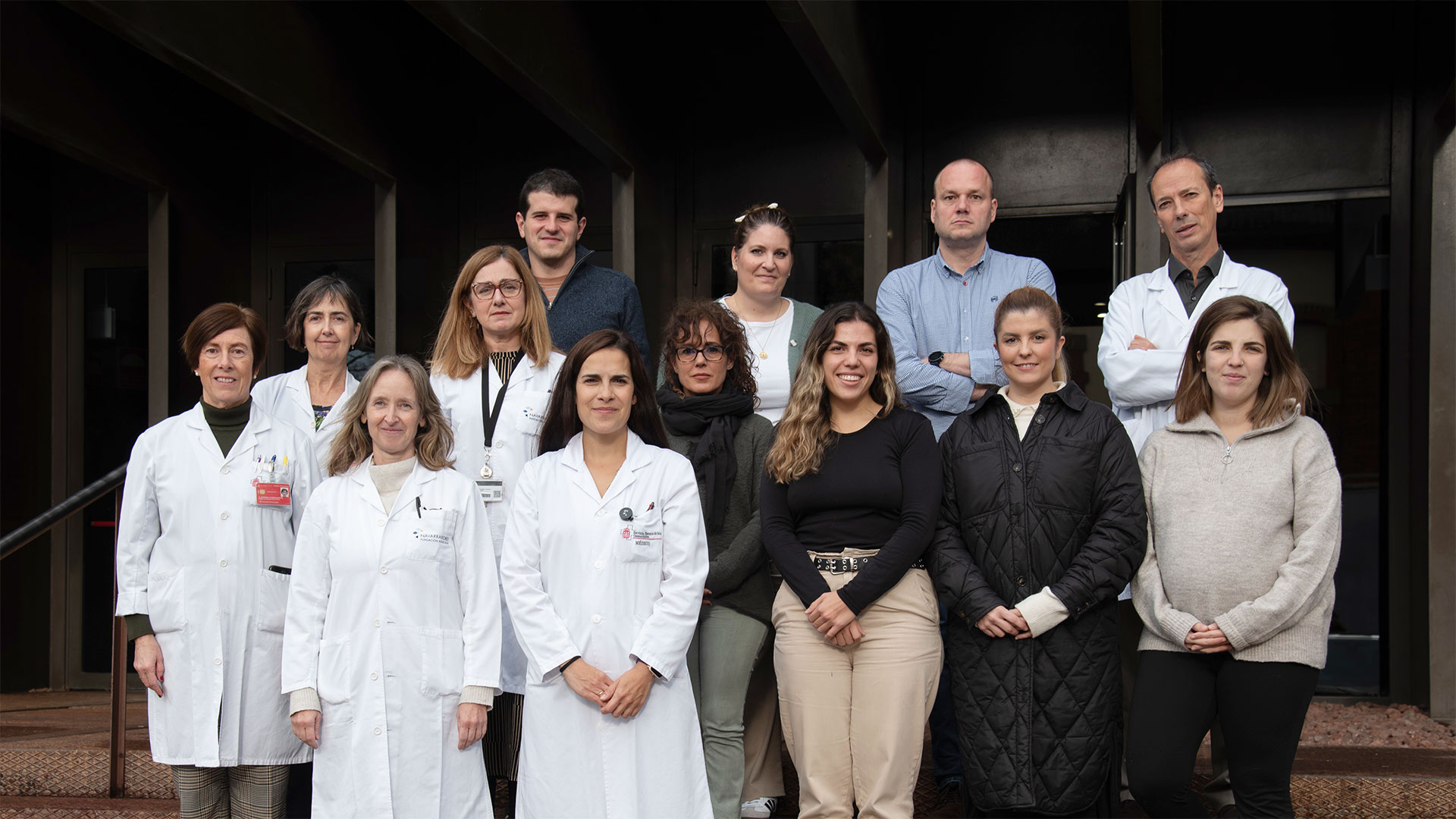
- This is the NAGENdata initiative, financed by the Government of Navarra, which will allow the SNS-O to promote personalized and precision medicine in Navarra
The Navarrabiomed biomedical research centre leads the implementation of the NAGENdata project, which aims to develop an infrastructure for sharing genomic data associated with the Navarra Genome Program (NAGEN Program) under criteria of privacy, security, sustainability and circular economy. This initiative in personalized medicine, financed by the Government of Navarra, will also contribute to promoting the health of citizens and promoting health research with a gender dimension.
During its three years, a total of more than 40 professionals with multidisciplinary profiles and links to seven entities will participate: Hospital Universitario de Navarra (HUN), Universidad Pública de Navarra (UPNA), ADItech (coordinator of the R&D&I system in Navarra), the public company NASERTIC, the companies Ysium Medical and Data Value Management, and Navarrabiomed - Fundación Miguel Servet as project leader. The latter will coordinate the participation of professionals from the Genomic Medicine Unit and Biobank at Navarrabiomed and the teams involved from the Medical Genetics, Neurology and Anatomical Pathology Departments at the HUN.
NAGENdata will create a specialized infrastructure that will allow healthcare and research professionals to remotely access and interact with anonymised genomic and clinical data, and will allow connections to similar national and international repositories. In addition, it is expected that the infrastructure will host tools that would allow connection from the SNS-O in the future, thus promoting the reuse of these data for healthcare purposes. The project will also be available to the general public, since they will be able to access a simplified version of the general data contained on the platform. All this within a framework of compliance with the law and guarantee of patient privacy.
Data associated with the NAGEN program
NAGENdata follows the guidelines of the new European Health Data Space (EHDS) of the European Commission and the Comprehensive Personalized Medicine Strategy of the Government of Navarra, which recognize the reuse of genomic data as an essential tool for producing value-added results for healthcare, research and economic development from translational research projects.
Navarrabiomed has been developing the NAGEN Program since 2016, and it is also funded by previous calls for the GEMA challenge, which has aimed to implement the use of highly complex genomic sequencing in the SNS-O. Specifically, the program has resulted in six strategic projects that have collected nearly 3000 patient genomes and exomes, clinically interpreted together with their associated clinical and phenotypic descriptors in different health scenarios: diagnosis of rare diseases (NAGEN1000), pharmacogenetics (PharmaNAGEN), complex common disease (NAGENCOL), acute and emergency healthcare in paediatrics (NAGENpediatrics), personalised prevention and population health (NAGEN-Mx), and infertility and reproductive medicine (ReproNAGEN).
These projects have allowed the development and consolidation of methodologies, processes and infrastructure necessary for the development of cutting-edge technology in Navarra and have provided necessary clinical evidence on the multiple uses of genomic medicine in the SNS-O. All of this has allowed Navarra to become an example of regional development in personalized medicine at the European level.
Virginia García Solaesa, specialist in the Medical Genetics Department at the Hospital Universitario de Navarra, is part of the Genomic Medicine Unit at Navarrabiomed – Miguel Servet Foundation as Principal Investigator of NAGENdata and coordinator of the project consortium. García stresses the added value provided by this collection of data: “Thanks to the professionals involved, the Government of Navarra and the collaboration of the people who have participated in previous NAGENs, we have a collection of data of great scientific value. It is time to make it available to the scientific community and to the patients themselves, to the general public, with all the guarantees regarding their privacy and security; so that it can give back to the system and lead to the development and optimization of new therapies and drugs.”
NAGENdata is part of the call for grants to carry out Strategic R&D Projects in the field of personalized medicine of the Government of Navarra 2023 from the the Department of Industry and Ecological and Business Digital Transition of the Government of Navarra, as part of the GEMA VII challenge, and has received a contribution from the Government of Navarra of 830,813 euros.

